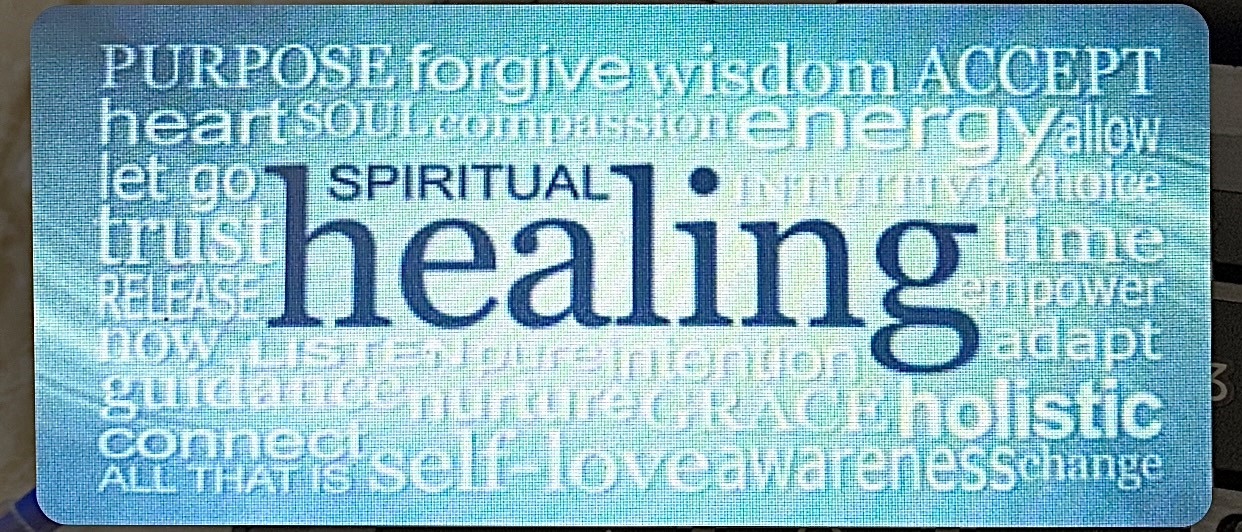Holistic health or holistic healing is often defined as a form of healing that looks at the whole person: body, mind, and spirit.
When it comes to holistic health, we are looking beyond the physical body and are addressing physical, emotional, social, spiritual, and intellectual health. All of these aspects of holistic health are what enable a person to truly live each day in the healthiest, happiest way possible.
Physical
When it comes to supporting your physical health there are few key practices that everyone can benefit from and can make a huge difference on your overall well-being:
- Sleep for 8 hours each night to allow your body to truly rest and repair from the day.
- Eat a nutrient dense diet that is high in plant-based foods and organic/pastured animal products. Limit processed foods and hydrogenated oils which are highly inflammatory and can increase risk of chronic disease.
- Maintain a balanced blood sugar by eating meals and snacks that contain fat, carbohydrates, and protein.
- Move your body for at least 30 minutes each day.
- Do not smoke, and avoid excessive alcohol consumption.
Emotional
While often overlooked, our emotional health is just as important as our physical health — especially because our emotional health can affect our physical health if it is not prioritized. Here are ways you can support your emotional health:
- Seek out therapy, if needed. Therapy is an essential part of supporting our emotional health.
- Practice mindfulness and stress reduction habits that can help you better manage life’s daily stressors.
Social
Research has shown that the happiest people on earth have deep connections with their friends, family, and community. Here are a few ways that you can support your social health:
- Make time for in-person connection. Virtual connection still does not provide us with the same level of happiness as in-person connection does.
- Get involved in your local community. This is one of the best ways you can support your social health and improve happiness.
Mental
Mental health often overlaps with our emotional and physical health. The big distinction between our mental and emotional health though is that while our emotional health refers mostly to our daily mood and emotions, our mental health refers to our cognitive abilities that affect how our brain functions. Here are a few ways that you can support your mental health:
- Seek out learning opportunities and problem-solving practices that challenge your brain.
- Consume nutrient dense foods that are high in antioxidants and omega-3 fatty acids that will help reduce overall inflammation and support cognitive function.
- Avoid drinking alcohol and smoking
- Improve gut health with gut healing foods like bone broth and prebiotic and probiotic rich foods.




